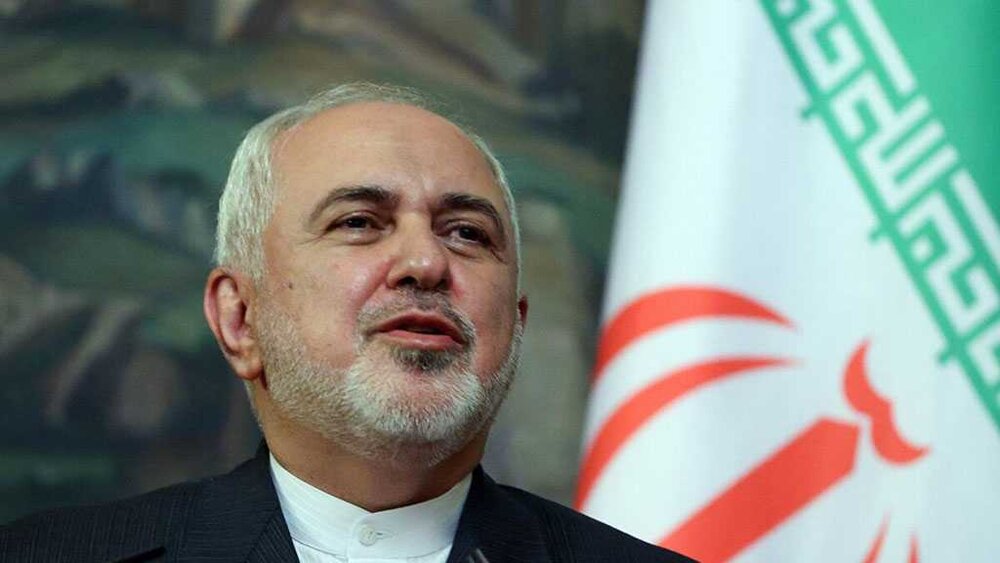TEHRAN – Foreign Minister Mohammad Javad Zarif has used U.S. officials’ remarks to show in their own words why the United States has no right to resort to the UN Security Council Resolution 2231 to trigger the snapback sanctions against the Islamic Republic.
In a video posted via his Twitter account on Saturday, U.S. President Donald Trump’s announcement that “the United States will withdraw from the Iran nuclear deal” is shown.
During the video, a presidential memorandum released by the White House on May 8, 2018, which states Washington is “ceasing” its participation in the 2015 nuclear deal, officially known as the Joint Comprehensive Plan of Action (JCPOA), that Iran signed with world powers.
Then comes U.S. Secretary of State Mike Pompeo, who says Trump has “terminated the U.S. participation in the JCPOA”.
John Bolton, then the U.S. national security advisor, is shown as saying that Washington is not using the “provisions of Resolution 2231 … because we’re out of the deal.”
Brian Hook, the U.S. special envoy for Iran who quit earlier this month, says, “On snapback, we are no longer in the deal, and so, the parties that are still in the deal will have to make their decisions.”
“After officially and explicitly ceasing its participation in the JCPOA at the highest level, and having violated each and every one of its obligations under the JCPOA and Resolution 2231, the U.S. cannot arrogate to itself any right under that Resolution,” Zarif says in the video.
Zarif’s revelations came after Pompeo’s Thursday announcement that the U.S. has notified the world that his country has triggered a 30-day countdown to a return of the UN sanctions on Iran, including an arms embargo.
Thirteen countries out of the 15-member UN Security Council then expressed their opposition to the U.S. bid to trigger the so-called snapback mechanism, arguing that Washington’s move is void given it is using a process under the nuclear deal which it quit more than two years ago.
Washington has accused Tehran of violating the 2015 nuclear pact, which Trump unilaterally withdrew from in May 2018 while denouncing it as the “worst deal ever”.
The U.S. move to trigger snapback mechanism came a week after its efforts to extend the UN arms embargo on Tehran failed miserably. Only the Dominican Republic joined Washington in voting yes.
Washington has accused Tehran of violating the 2015 nuclear pact, which Trump unilaterally withdrew from in May 2018 while denouncing it as the “worst deal ever”.
The U.S. move to trigger snapback mechanism came a week after its efforts to extend the UN arms embargo on Tehran failed miserably. Only the Dominican Republic joined Washington in voting yes.
The United States argues that it can trigger the sanctions snapback process because the 2015 Security Council resolution still names it as a nuclear deal participant.
However, in a joint letter to the Security Council on Thursday hours after the U.S. submitted it complaint, Britain, Germany and France said: “Any decisions and actions which would be taken based on this procedure or on its possible outcome would also be devoid of any legal effect.”
However, in a joint letter to the Security Council on Thursday hours after the U.S. submitted it complaint, Britain, Germany and France said: “Any decisions and actions which would be taken based on this procedure or on its possible outcome would also be devoid of any legal effect.”
TAGS


No comments:
Post a Comment